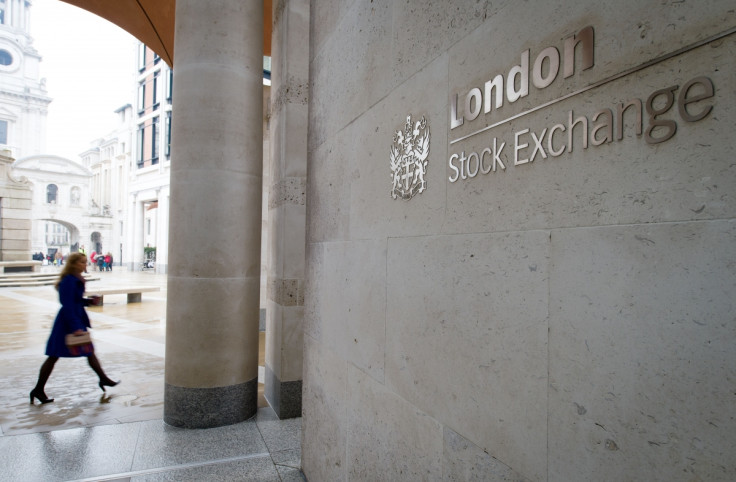European markets: FTSE and European stocks shrug off worries over China slowdown

European equity markets kicked off the week on an upbeat note, as investors shrugged off yet another dismal session in Asia, which saw stocks plunge to their lowest level in more than four years.
Early on in the European trading session, the FTSE 100 was 0.25% higher, while the Pan European Stoxx 600 was 0.77% in the black with France's CAC 40 and Germany's Dax both up 0.82%.
Among individual stocks, British housebuilder Taylor Wimpey rose after reporting steady growth in 2015 and indicating it was starting the new year with a strong order book.
Meanwhile, shares in UK-based real estate firm Savills surged after it revealed underlying full-year results will be better than expected, thanks to its investment management business.
Air France-KLM was firmly in the black after reporting bookings had returned to normal in December, after the terrorist attacks in Paris resulted in a €70m (£52m, $76m) loss in revenue.
While European indices began trading on the front foot, their Asian counterparts suffered a sharp decline, amid renewed concerns over the health of the Chinese economy, with the Shanghai Composite Index slumping 5.3% while Hong Kong's Hang Seng fell 2.8%.
During Asian trading hours the People's Bank of China guided the yuan higher, setting the mid-point fix at 6.5626 against the dollar, a decision which left investors puzzled as it came only a couple of days after the biggest one-day drop in the guidance rate in five months.
"The prospect of a hard landing in China has increased global fears, but there may be budding signs that investors are starting to view the equity market as oversold, with European markets largely shrugging off the aggressive overnight falls in China," said Rebecca O'Keeffe, head of investment at Interactive Investors.
"While this remains a very difficult market for investors, with fear rife, this could potentially prove to be a perfect buying opportunity for those who are willing to take the risk."
Data released over the weekend did little to improve investors' confidence in the world-second largest economy, after figures showed consumer inflation remained at 1.6 % in December, while producer prices declined 5.9% year-on-year in the final month of 2015.
Meanwhile, oil prices extended their decline, as Brent crude and West Texas Intermediate both dropped as much as 2% as concerns over the Chinese economy sparked a decline in global demand.
By 9.30am GMT the two benchmarks had recouped some of the losses, but remained almost 1.5% lower, with Brent crude at $33.06 a barrel, while West Texas Intermediate traded at $32.68 a barrel.
"With the prevailing themes still being Chinese slowdown and oversupply, tensions in the Middle East have done little to support crude prices," said Michael Van Dulken, head of research at Accendo Markets.
"With no change expected in supply, then, and slowing demand from emerging markets, that supply/demand seesaw is continuing to tip the wrong way for oil bulls."
© Copyright IBTimes 2025. All rights reserved.






















